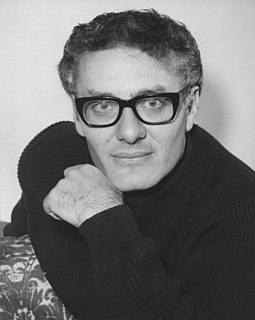A Quote by Sarah Weinman
Sue Grafton's 'A Is for Alibi', the 1982 novel that introduced the world to private detective Kinsey Millhone, wasn't seen as the pioneering achievement we now know it to be.
Quote Topics
Related Quotes
There are many who find a good alibi far more attractive than an achievement. For an achievement does not settle anything permanently. We still have to prove our worth anew each day; we have to prove that we are as good today as we were yesterday. But when we have a valid alibi for not achieving anything we are fixed, so to speak, for life.
The average detective story is probably no worse than the average novel, but you never see the average novel. It doesn't get published. The average -- or only slightly above average -- detective story does.... Whereas the good novel is not at all the same kind of book as the bad novel. It is about entirely different things. But the good detective story and the bad detective story are about exactly the same things, and they are about them in very much the same way.


























